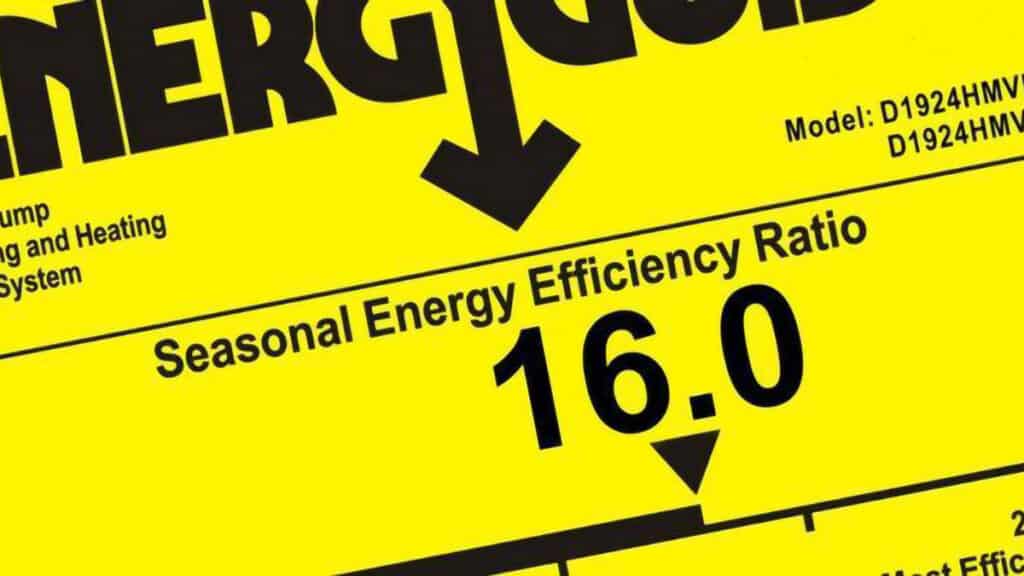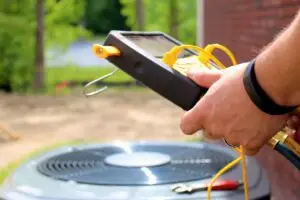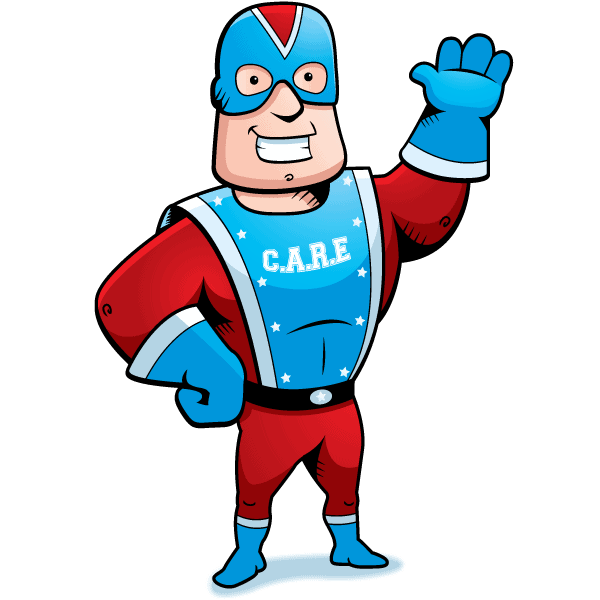On January 1, 2023, new regulations will be going into effect regarding the SEER2 (Seasonal Energy Efficiency Ratio 2) rating of new air conditioner installations. Those manufactured before that date will still be able to be installed, but homeowners and their AC service provider must be aware that they are required to make that January 1 installation deadline.
This new SEER policy comes from the Energy Policy and Conservation Act of 1975 which gave the Department of Energy (DOE) the authority to implement energy conservation standards for equipment and appliances. The SEER policy does not indicate that your equipment is deficient, but rather that it is running at a lower efficiency, which in turn costs you more in utilities.
These new policies are effective on:
- Air Conditioner Condensing Units
- Heat Pumps
- Single Packaged Units
- Evaporator Coils
- Gas Furnaces
Why Does SEER2 Matter?
One expert related the SEER rating to highway miles versus city miles and the efficiency of your car. Highway miles give you the optimum MPG while city miles show you what your car is usually getting in MPG. This analogy applies to your AC unit as well. For example, a higher SEER rating provides greater efficiency in certain conditions. The efficiency of your air conditioning system depends on the size of your home, your current ductwork, region it is located in, and numerous other variables.
A SEER measurement matters because it tells a homeowner what they should be getting in energy savings. If you’re not sure that your air conditioning system is as efficient as it should be, reach out to one our HVAC team members to schedule an appointment. Given our location, air conditioning in Port St. Lucie should be serviced regularly to maintain efficiency and cost savings.
What Does A SEER2 Rating Mean?
It is estimated that over 64% of the total homes in the United States use air conditioning. With increasing temperatures, that number is bound to expand. An increase in SEER means an improvement in efficiency and cost savings for consumers and a reduction of emissions that impact climate. After these standards begin, the DOE has estimated that, over the next 30 years, consumers will save between $2.5 billion and $12.2 billion on energy bills.
In the southeast and southwest regions, any AC system that doesn’t meet SEER2 requirements cannot be installed on or after January 1, 2023. The new SEER requirements for the Southeastern United States have a standard of 15 SEER for AC equipment. Any contractor or dealer found to have installed sub-standard equipment will be required to pay for the replacement of this equipment. In addition, those manufacturers selling this equipment will face stiff fines.
New Testing Requirements Means New Components
To better reflect the existing field conditions that equipment operates in, the DOE has implemented new testing methods for HVAC components. These stringent tests replicate what a system undergoes once installed and operating in specific circumstances. To meet the demands of the DOE standards, manufacturers will be updating and redesigning the components that go into new systems. Consumers can expect to feel the impact as these newly redesigned components will mean increased costs
What Does This Mean for Homeowners?
The January 1, 2023 deadline gives both homeowners and contractors some time to reserve or install new equipment that meets the requirements now being applied. If you are considering a new system, it may be time to start considering how it will impact your budget. While the system may cost more upfront, the long-term energy and efficiency savings will help make up the difference over time.
Should you have any questions about the new SEER2 ratings and or standards that will go in place, please give us a call. Our experienced HVAC professionals have the expertise and knowledge to help you navigate these new SEER2 regulations and how it will impact your home’s HVAC system. Give the Careman a call today!




